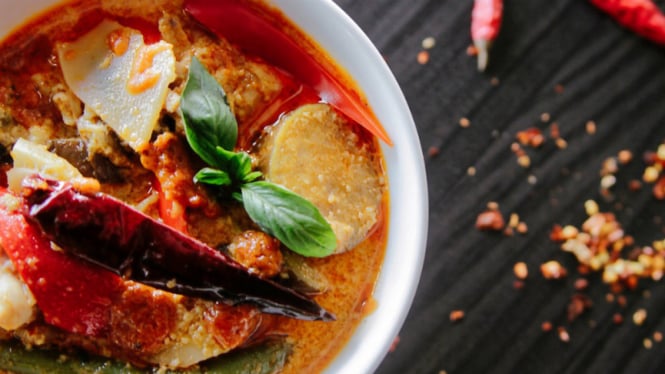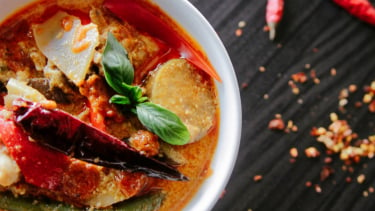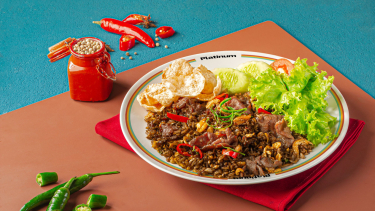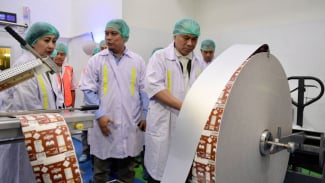5 Foods to Avoid during Sahur in Ramadan
- Pixabay/27707
Jakarta – During Sahur, the pre-dawn meal before fasting in Ramadan, it's crucial to choose foods that sustain energy levelr throughout the day while also providing essential nutrients.
However, some foods should be avoided to prevent discomfort and ensure a smoother fasting experience.
So, here are some foods that should be avoided when Sahur to prevent dehydration during the day.
1. Instant noodles
Mie Kuah Nyemek
- Cookpad/Winda`s Kitchen
Most boarding house children often make instant noodles their mainstay menu at suhoor, because it's quick and practical. However, you need to know that instant noodles contain high enough sodium to make you thirsty.
Not only that, this instant food can also make you thirstier than usual. This is because instant noodles are high in sodium or salt also there's MSG in it.
2. Coconut milk food
Coconut milk foods have a high fat content so they tend to be more difficult to digest by the stomach. It is best to avoid coconut milk foods when going to sahur.
Ulcer and GERD sufferers need to limit their consumption of coconut milk because it can trigger an increase in stomach acid, flatulence, and cause symptoms of severe pain in the solar plexus.
3. Sahur with Fried Rice
Ilustrasi Nasi Goreng
- Platinum Resto
Some people have eaten fried rice as a suhoor menu because it tastes good and delicious. But you need to know that fried rice contains quite a lot of fat and calories.
So, it's not recommended to eat fried rice at suhoor. In addition, fried rice can also make you thirsty easily.
4. Spicy Food
Spicy food is delicious, but you need to know that eating spicy food at dawn will trigger thirst continuously.
In addition, for people with ulcers, spicy foods should be avoided at dawn because they can trigger an increase in stomach acid and potentially cause heartburn.
5. Processed Foods that are Low in Nutrition
At dawn you are advised to eat foods with complex carbohydrates. Because, if you eat processed foods that are low in nutrients, it can trigger hunger quickly. Like fast food that is rich in extra calories and little nutrition.
The combination of fat, sugar, and lots of sodium or salt can make fast food taste better. However, a high-sodium diet can lead to water retention. It can lead to excessive thirst.


































